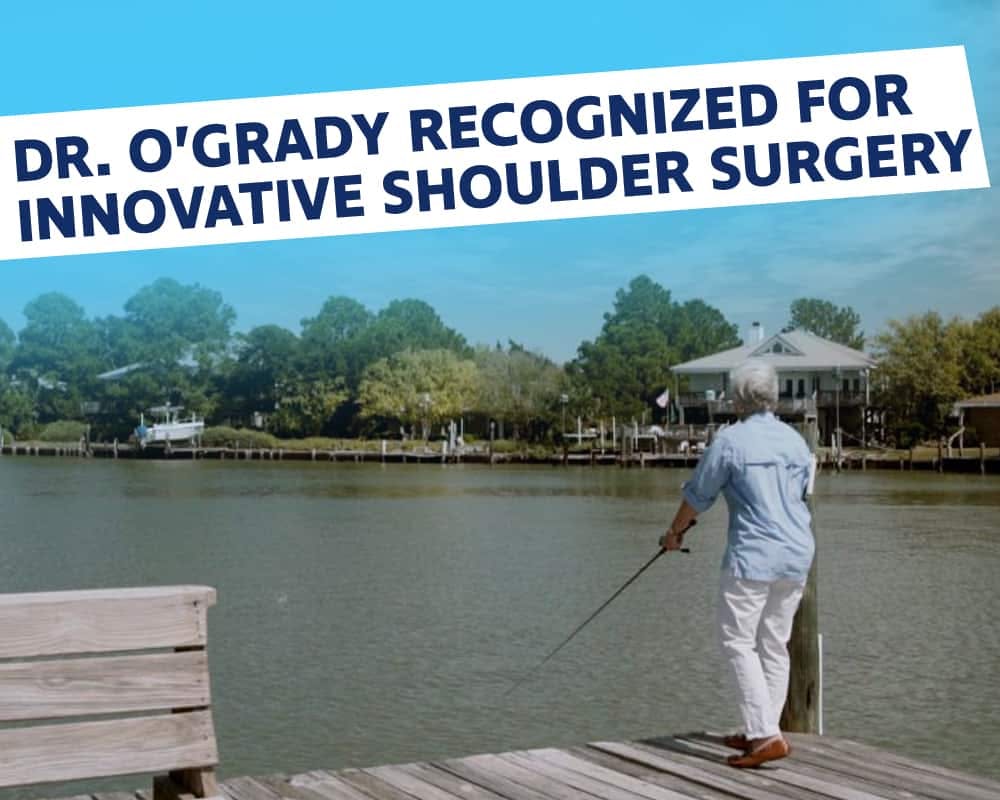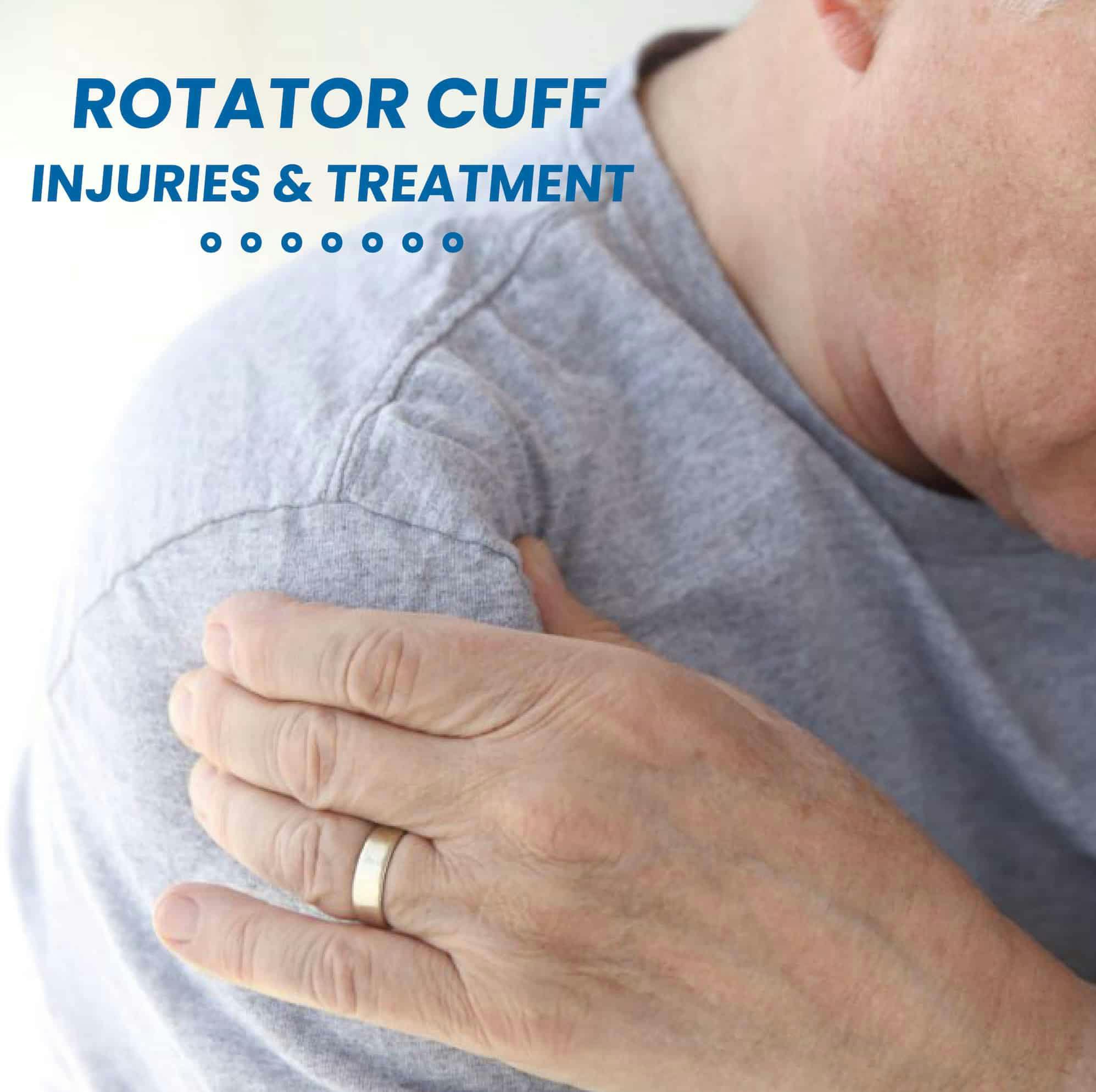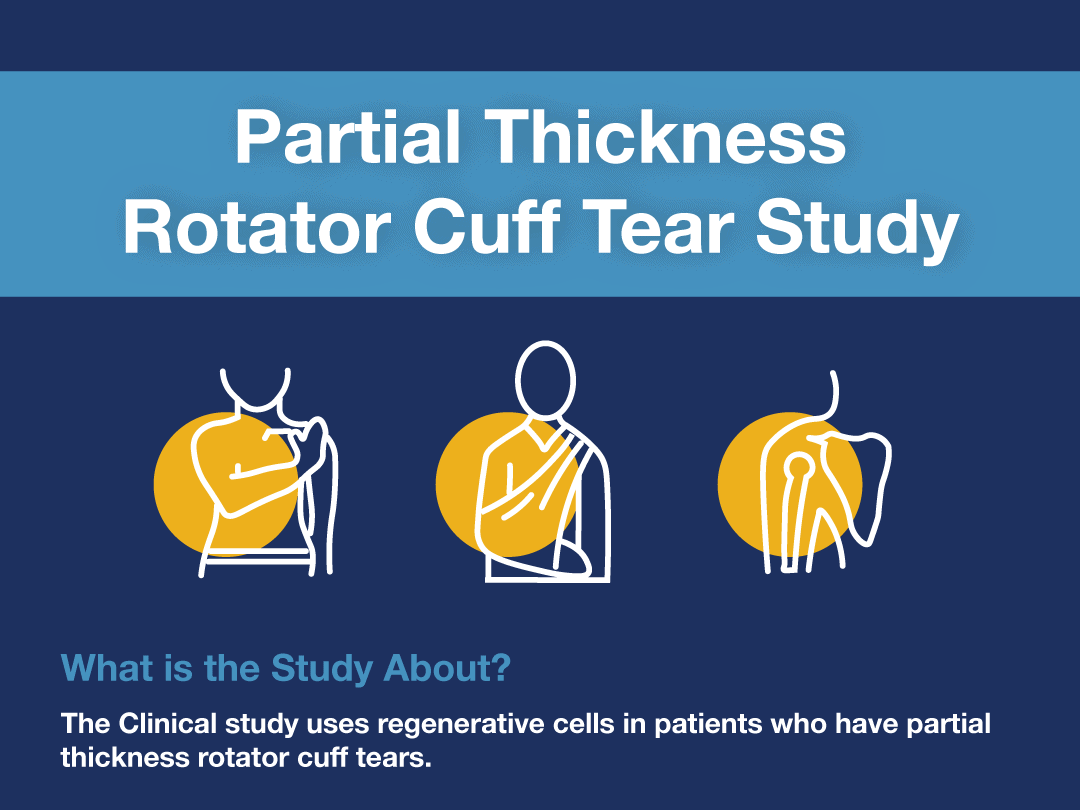Blog Posts for Rotator Cuff
The North Florida Bone & Joint Specialists blog provides the latest information on orthopaedic conditions, injuries and procedures.

The North Florida Bone & Joint Specialists blog provides the latest information on orthopaedic conditions, injuries and procedures.

Youth sports participation promotes physical health and leadership skills and is a positive outlet for children within our communities. However, the Centers for Disease Control and Prevention (CDC) estimates that 3.5 million youth sports injuries occur each year in the U.S. Of those injuries, one in three participants seeks medical attention, resulting in lost sports and school time. Fortunately, the CDC also concluded that more than 50 percent of these injuries are preventable.

While baseball is considered a non-contact sport, injuries and conditions related to America’s favorite pastime can yield equally traumatic consequences if not correctly diagnosed and treated. Aside from painful strains, sprains and bruises, the most common injuries that players experience are overuse of the rotator cuff in the shoulder and ulnar collateral ligament tears in the elbow.

A recent story about orthopaedic surgeon Dr. Christopher O’Grady has been featured in more than 1,100 daily and weekly newspapers nationwide (Los Angeles Times, Houston Chronicle, Chicago Tribune and Orlando Sentinel) sharing his expertise in a new minimally invasive rotator cuff procedure that not only repairs injured shoulder tendons but can potentially help thicken and strengthen them.

The American Medical Society for Sports Medicine defines rotator cuff tears as partial or full tears of one or a number of the four muscles that help move the shoulder and keep the end of the long bone of the arm within the shallow socket of the shoulder (the “rotator cuff”). Rotator cuff tears are more common in your dominant arm. The most common symptoms of a rotator cuff tear include:

In partnership with the Andrews Research & Education Foundation, I am serving as the Principal Investigator on a clinical study involving the use of regenerative cells in patients who have partial-thickness rotator cuff tears. These are tears in the tendon that contribute to shoulder pain, dysfunction, and occupational disability. The use of regenerative stem cells is investigational. In this study, regenerative cells from your fat tissue will be isolated, concentrated, and injected into your tendon tear.

Fortunately, when properly diagnosed and treated the vast majority of shoulder problems are treated successfully without surgery. This is especially true of rotator cuff problems. However, in many cases, it is important to have an orthopaedic surgeon evaluate the problem in order to make sure something more serious is not the cause of the shoulder pain.